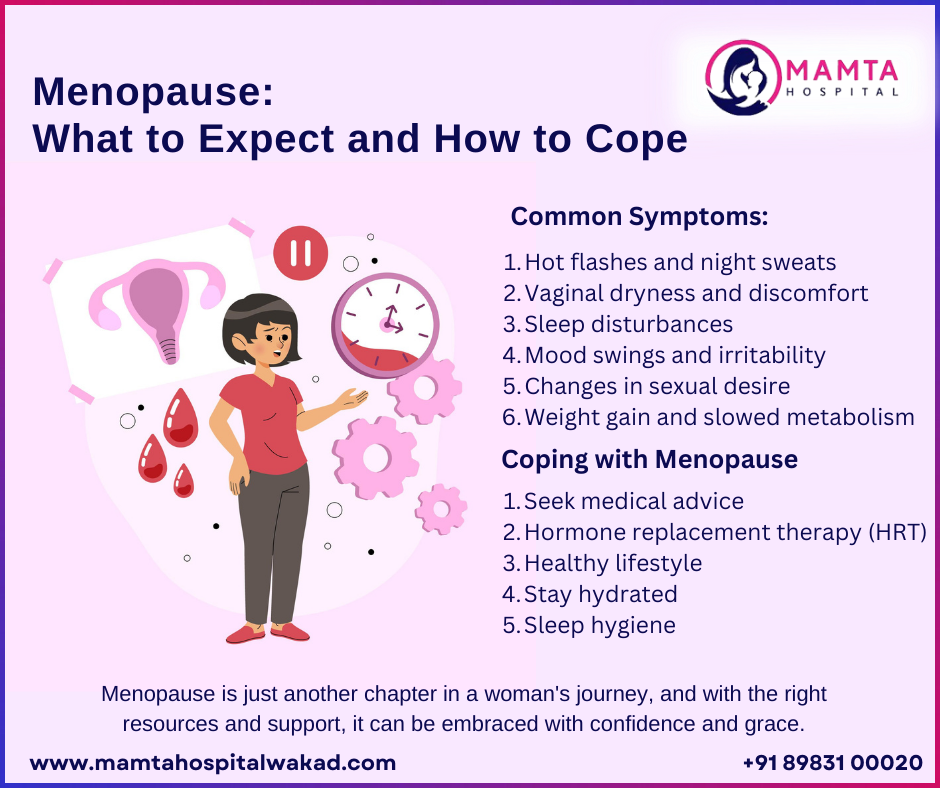The Emotional Impact of Menopause: What to Expect
Menopause is a natural biological process that occurs in every woman’s life, typically between the ages of 45 and 55. While most people are familiar with the physical symptoms of menopause, such as hot flashes and night sweats, the emotional impact of this transition is often overlooked. Menopause can have a significant effect on a woman’s mental and emotional well-being, leading to mood swings, anxiety, and even depression. Understanding what to expect emotionally during menopause can help women navigate this challenging time with grace and resilience.
Understanding the Emotional Rollercoaster
During menopause, fluctuations in hormone levels can wreak havoc on a woman’s emotional state. Estrogen and progesterone levels decline, leading to imbalances that can trigger mood swings, irritability, and feelings of sadness or anxiety. The physical symptoms of menopause, such as sleep disturbances and weight gain, can also contribute to emotional distress. Additionally, the psychological impact of entering a new phase of life, marked by the end of fertility and the onset of middle age, can bring up a range of emotions, from grief and loss to feelings of liberation and empowerment.
Coping Strategies for Emotional Symptoms
While the emotional symptoms of menopause can be challenging to navigate, there are strategies that can help women cope and manage their emotional well-being during this time. Here are some tips to help you navigate the emotional rollercoaster of menopause:
1. Prioritize Self-Care
Self-care is crucial during menopause, as taking care of yourself can help alleviate emotional symptoms and improve your overall well-being. Make time for activities that bring you joy and relaxation, such as getting regular exercise, practicing mindfulness and meditation, and spending time with loved ones. Prioritize sleep and nutrition, and consider seeking support from a therapist or counselor if you’re struggling with emotional symptoms.
2. Stay Connected
During menopause, it’s important to stay connected to your support system. Talk to friends and family members about how you’re feeling, and seek out support from other women going through menopause. Joining a menopause support group or online community can help you feel less alone and provide you with a safe space to share your experiences and emotions.
3. Practice Stress Management
Stress can exacerbate emotional symptoms during menopause, so it’s important to practice stress management techniques to help you cope. Consider incorporating relaxation techniques such as deep breathing, progressive muscle relaxation, or yoga into your daily routine. Engaging in regular physical activity can also help reduce stress and improve your mood.
When to Seek Professional Help
While emotional symptoms are a normal part of the menopausal transition, it’s important to know when to seek professional help. If you’re experiencing severe or persistent symptoms of depression, anxiety, or mood swings that are impacting your daily life, it’s crucial to reach out to a healthcare provider or mental health professional for support. Therapy, medication, or hormonal therapy may be recommended to help you manage your emotional symptoms and improve your quality of life during menopause.
Embracing the Journey
Menopause is a natural and inevitable part of every woman‘s life, and while it can be a challenging and emotional time, it’s also a time of transformation and growth. By understanding the emotional impact of menopause and taking proactive steps to care for your emotional well-being, you can navigate this transition with grace and resilience. Remember that you’re not alone in this journey, and there is support and resources available to help you through this transformative time in your life.
Embrace the changes, honor your emotions, and remember that menopause is just one chapter in the larger story of your life. By taking care of your emotional well-being and seeking support when needed, you can navigate this transition with grace and emerge stronger and more resilient on the other side.


